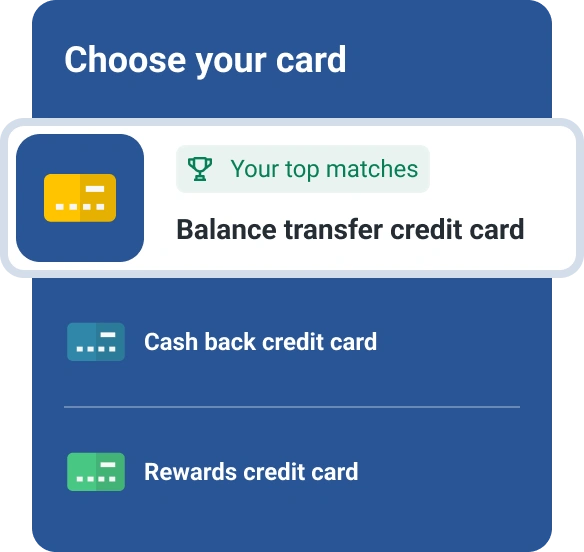Can My Credit Limit Decrease If I Don’t Spend Enough?
Quick Answer
Your credit card issuer can reduce your credit limit because you use very little of it—even if you pay on time and have good credit. The good news is you may be able to get your old limit back.

If you rarely use a credit card or use only a tiny portion of your available credit, a credit card issuer could choose to lower your credit limit.
Credit card issuers are always looking to minimize risk. If they see changes in a consumer's financial behavior—or general shifts in the economy—they may review accounts to see if credit limits should be reduced. It's a risk-mitigation strategy.
None of that is very comforting when your credit card issuer lets you know, typically in an email or by postal mail, that your credit card limit is dropping. Here's what to do if that happens, and how it could affect your credit scores.
Why Your Credit Limit Matters
Your credit limit is the maximum amount you can charge on a given credit card. Credit card issuers initially determine your credit limit based on a combination of your credit history, income, debt obligations, your history with that card issuer and their business goals.
A higher limit obviously gives you more spending power, but a lower one limits the card issuer's risk. A higher limit can also help keep your credit utilization ratio low, which in turn can help credit scores. More on that below.
Why a Credit Card Issuer Might Lower Your Credit Limit
Among the reasons your credit card issuer might lower your credit limit:
- You are maxed out or overextended (or have frequent late payments).
- Your account is inactive or rarely used.
- The economy is in turmoil.
- The card issuer needs to adjust its lending portfolio.
- The issuer detected a change in buying behavior.
In most cases, a credit card issuer must provide an adverse action notice when your credit limit is reduced. However, they are not required to give you any notice before doing so.
If the reduced limit leaves your current balance above your new credit limit, you cannot be charged a penalty interest rate or over-limit fees for 45 days after you are notified of the new, lower limit.
What to Do if Your Credit Limit Is Reduced
If you've been notified that your credit limit is being reduced and you want a better understanding of why—and your previous limit restored—you can do the following:
- Reach out to the card issuer. This can help you understand why they reduced your limit. Particularly if you are paying in full and on time every month, you may be able to get your old limit restored.
- Use the card more often. If the reason for the credit limit reduction is because you seldom use the card, you could consider using it more often. Using the card for small purchases and then immediately paying off your balance could help you maintain the higher limit—and potentially help you earn rewards such as cash back, depending on the card.
- Go elsewhere. If your credit is good, you can ask other credit card issuers about increasing your credit limit. You can also consider applying for a new credit card.
If you can't get your old limit restored or existing limits raised, take a look at how you can restructure any balances you are carrying on cards to reduce the impact on your credit. Aim to use no more than 30%—and less is better—of your credit limit on any card to avoid hurting your credit score. A possible exception is if you are using a balance transfer credit card as a strategy to pay off debt.
How Can a Reduced Credit Limit Affect Your Credit?
A lower credit limit could potentially affect your credit score, even if you pay on time, every time. That's because your credit utilization rate, the percentage of your available credit that is in use, has a significant impact on your credit scores. Keeping your credit utilization under 30% will reduce its impact on your credit score, and under 10% is better.
Here's how an unexpectedly reduced credit limit could play out in real life.
You have a lightly used credit card with a credit limit of $20,000 that you pay off monthly. You also have a second credit card that has a $15,000 limit and a balance of $10,000. Your credit utilization rate is 0% on the first credit card and 67% on the other—and the overall utilization is 29%. If your credit card issuer lowers the credit limit of the first credit card to $12,000, you now have an overall credit limit of $27,000, and that $10,000 balance gives you an overall credit utilization of 37%. In this case, your credit score could take a hit even if you have been paying responsibly.
High credit limits can help boost your credit scores because, if you don't use much of your credit cards' available balance, your overall credit utilization will be low. That's why it's a good idea to ask your card issuer to restore your higher limit, and to keep credit cards open unless there is a compelling reason to close an account.
The Bottom Line
Having relatively high credit limits, with plenty of room on them, can help you maintain a good credit score. While credit limits can be lowered for reasons outside your influence, such as business goals or economic conditions, paying on time and keeping your card at least minimally active can help avoid it. If your credit limit is being lowered, you can consider applying for a new card or requesting higher limits on other cards to maintain a similar overall credit limit and protect your credit score.
Experian's free credit report includes information on overall credit limits and credit utilization as well as information by card. You can use it to make sure your credit utilization is where you want it to be and to check for cards that you may want to use to keep them active.
Don’t apply blindly
Apply for credit cards confidently with personalized offers based on your credit profile. Get started with your FICO® Score for free.
See your offersAbout the author
Bev O'Shea is a Georgia-based freelance journalist specializing in personal finance and consumer credit. Most recently, she was a staff writer at personal finance website NerdWallet, where she was an authority on credit reports, credit scores and identity theft.
Read more from Bev

